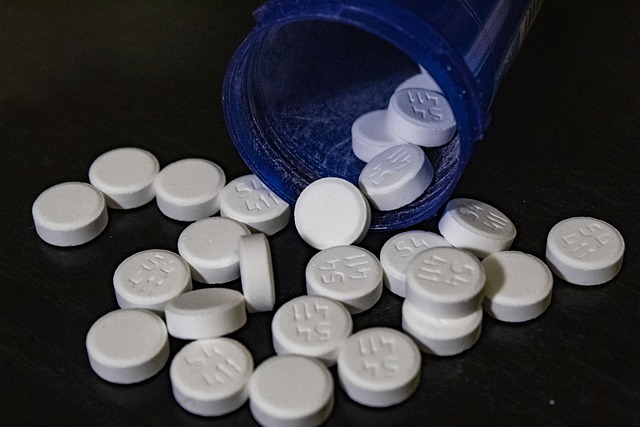The U.S. Food and Drug Administration (FDA) has issued a safety concern regarding the medication buprenorphine which is a medication used to treat opioid use disorder, acute pain, and chronic pain. Buprenorphine is often used to reduce opioid withdrawal symptoms and the desire to use opioids, without causing the cycle of highs and lows associated with abusing opioid.
The FDA warning issued on January 12, 2022, states that dental problems have occured when patients take medicines containing buprenorphine that are dissolved in the mouth. In the warning, the FDA said that the dental problems can include those of tooth decay, cavities, loss of teeth, and oral infections, and can occur in those without prior dental issues. As a result of this warning, the risk of dental problems occuring will be added to the prescribing information and the patient Medication Guide for all buprenorphine in the U.S.
The FDA warning offers guidance for both dentists and patients. For dentists the warning says that dentists should ask patients about their oral health history before prescribing any buprenorphine. Dentits should also counsel patients taking buprenorphines about the potential for dental problems and to take extra steps after taking the medication including the gently rinse their teeth and gums with water and then swallow. The FDA warning states:
“Dentists treating someone taking a transmucosal buprenorphine product should perform a baseline dental evaluation and caries risk assessment, establish a dental caries preventive plan, and encourage regular dental checkups.”
For patients, the warning says that for those who have an addiction to opioids, the
benefits of using buprenorphine medicines outweigh the risks. Patients are told that after taking the medication they should drink some water and swish it gently the teeth and gums. Further patients should wait a least 1 hour before brushing after taking the medication. The FDA also urges patients to:
“Schedule a dentist visit soon after starting this medicine and inform your dentist that you are taking buprenorphine, and schedule regular dental checkups while taking this medicine.”
Patients using buprenorphine-containing medications that are dissolved in the mouth has been growing in the U.S. over recent years. There was a report total of 11 million and 16 million, prescriptions dispensed from U.S. outpatient retail and mail-order pharmacies, in 2014 and 2020 respectively. Buprenorphine was introduced to the U.S. market in 2002 by taking it under the tongue. Since then other routes of taking it have been used bu tthe FDA warning is specific to medications that are dissolved in the mouth.
Since buprenorphine was approved, the FDA (at the time of the warning) had identified 305 cases of dental problems, with 131 of these cases being serious were a buprenorphine medication dissolved in the mouth was taken by the patient. This number may be underreported as it only included those reported to the FDA or published in medical journals. In most of these cases the patients were using buprenorphine to reat opioid abuse. In 28 of these 305 cases there was no reported prior dental problems. In 113 of these 305 cases two or more teeth were impacted. In 71 of these cases tooth extraction was needed for treatment. Some other cases required root canals and dental surgery and procedures like crowns and implants placement.

The FDA encourage dentists, health professionals, and patients to report side effects involving buprenorphine to the FDA MedWatch program. The FDA feels the benefits of buprenorphine for opioid addiction and pain outweigh the risks of potential dental probems but urge patients and dentists to be ware of these risks and take steps to help reduce potential dental problems.
Potential for opioid abuse can occur from taking opioids which can be prescribed for surgery like wisdom teeth extraction. This has been covered on this site before in posts like Reducing Opioids in Oral and Maxillofacial Surgery and Reducing Opioids in Oral and Maxillofacial Surgery. The FDA warning says that a comprehensive approach that combines buprenorphine with counseling and behavioral therapy is one of the most effective ways to treat opioid abuse and can help lead to recovery. Given that the medication buprenorphine can lead to dental problems, it is imperative that surgery like wisdom teeth extraction does not needlessly set a patient up for opioid abuse potential. Thus alternative approaches to control pain after wisdom teeth surgery without using addicting opioids could be a positive development. This has been discussed before in posts like Low-Dose Naltrexone as An Alternative to Opioids for Wisdom Teeth Removal and New Research Being Conducted at Rutgers for Opioid Alternatives Could Lead to Less Potential Drug Abuse for those Having Wisdom Teeth Surgery.
Source:
US Food and Drug Administration, “FDA warns about dental problems with buprenorphine medicines dissolved in the mouth to treat opioid use disorder and pain,” FDA Drug Saftey Communication, January 12, 2022, https://www.fda.gov/media/155352/download.
